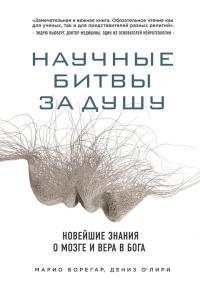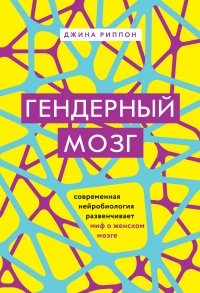Книга Тайна Бога и наука о мозге. Нейробиология веры и религиозного опыта - Винс Рауз
Читать книгу Тайна Бога и наука о мозге. Нейробиология веры и религиозного опыта - Винс Рауз полностью.
Шрифт:
-
+
Интервал:
-
+
Закладка:
Сделать
Перейти на страницу:
Перейти на страницу:
Книги схожие с книгой «Тайна Бога и наука о мозге. Нейробиология веры и религиозного опыта - Винс Рауз» от автора - Эндрю Ньюберг, Юджин д'Аквили, Винс Рауз:
Комментарии и отзывы (0) к книге "Тайна Бога и наука о мозге. Нейробиология веры и религиозного опыта - Винс Рауз"








